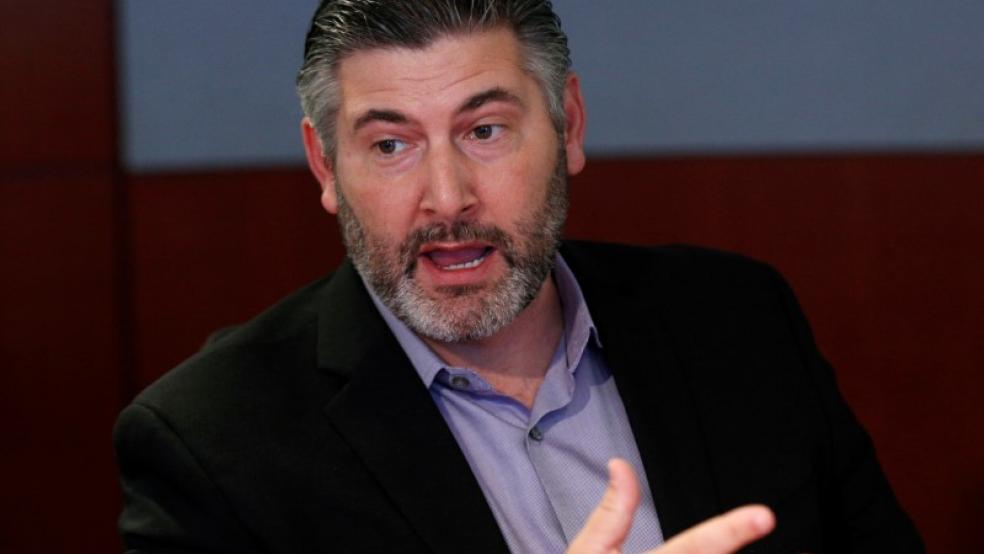NEW YORK (Reuters) - Morgan Stanley has ambitions to become a full-service bank for its wealth management clients, and has begun offering credit cards, debit cards and an array of cash-management products and services, two senior executives said on Tuesday."We basically want to do with our existing clients whatever they might be able to do with a retail bank," Greg Fleming, president of Morgan Stanley Wealth Management, said in New York at the Reuters Wealth Management Summit. "Really everything that the client is focused on from a financial services standpoint, we want them to do it with Morgan Stanley."Fleming's comments built on what the bank's new chief financial officer, Jonathan Pruzan, had said at a conference earlier in the day.The new banking products are just the latest step in Morgan Stanley's effort to make wealth clients more reliant on financial advisers - not just for investments, but for loans and other financial needs.Morgan Stanley's purchase of the Smith Barney business from Citigroup Inc brought along a slew of deposits, which will ultimately reach more than $200 billion. As a result, the bank has been building its lending apparatus for years to put that money to the most profitable use.Most of its loan book is securities-based, meaning clients borrow against their investment portfolio housed inside Morgan Stanley. But it has also ramped up mortgage lending and tailored loans for high-net-worth individuals, and hired hundreds of private bankers to work with advisers in making more loans.The more products and services a client uses with a financial institution, the less likely they are to leave, and the more money the institution can earn from them. Adding basic services like checking accounts and debit cards can create more customer loyalty, while offering cash management services like money market funds or certificates of deposit can deliver more income for Morgan Stanley."What we're looking for is to have the financial adviser sit at the center of the relationship with the client," said Fleming. (Editing by Jonathan Oatis)

